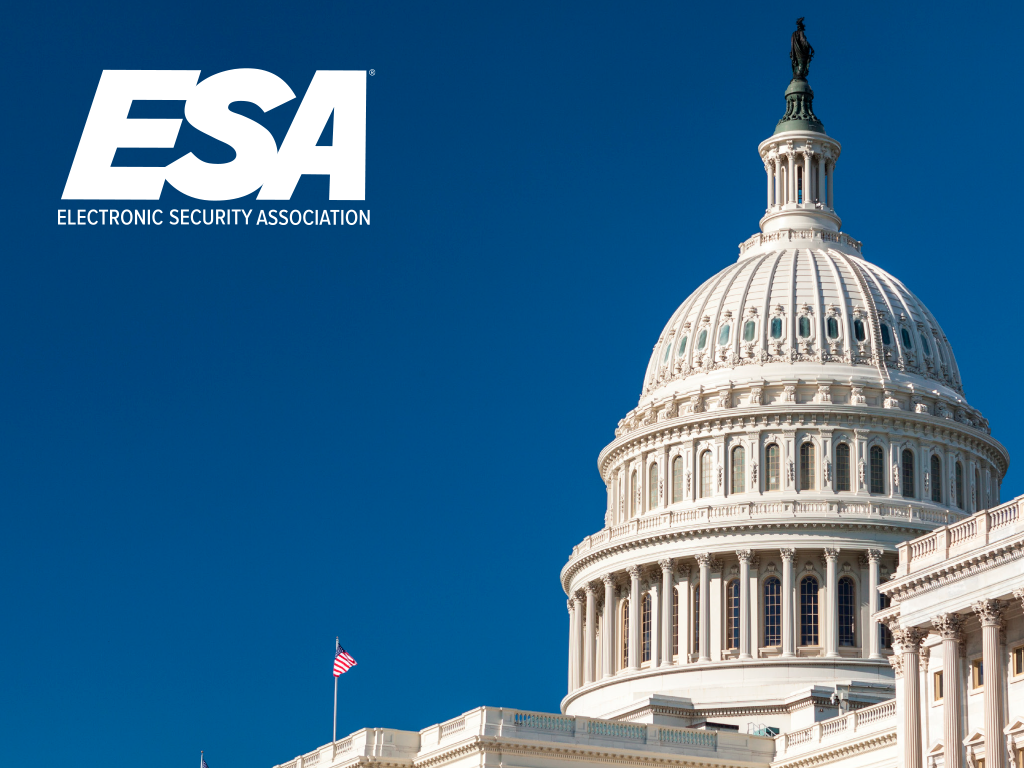Grassroots Action Wins the Day in Houston

Over the last several years, ESA collaborated with a connected technology working group composed of limited energy companies and trade associations. One of the issues we monitored over the last year was a proposed ordinance in the City of Houston, Texas that would eliminate the 50-volt, 50-watt exemption from electrical licensing requirements and permitting in the city.
If passed, this ordinance would have a devastating impact on integrators and virtually shut down many companies from operations in the city. We knew that electrical contractors were pushing this ordinance to protect a lucrative scope of work in their industry from emerging technology that offers power over ethernet (PoE) at a fraction of the cost.
When we learned the proposed ordinance was going to be heard soon by the Council, we initiated an advocacy campaign through our grassroot technology tools and we began communicating directly with the Texas Burglar & Fire Alarm Association (TBFAA), the Houston Gulf Coast Alarm Association (HGCAA), CEDIA, NSCA and several national companies’ members with a presence in the city.

After the advocacy campaign was launched, our platform documented 271 grassroots e-letters sent to members of the city council. Dozens more made phone calls and set up direct meetings with their council members leading up to the council meeting on November 16th.
The impact of this huge response by engaged stakeholders became clear when, less than 24 hours before the scheduled meeting, we received word that the council was reversing the proposed language change and would restore the 50-volt exemption in the electrical code. As the public comments began, Mayor Sylvester Turner announced the restoration of the 50-volt exemption in the proposed ordinance. Despite this revelation, fifteen (15) stakeholders, integrators and alarm company owners testified (including Doug Bassett, ESA National Company Director) they were appreciative that the exemption language would be restored, but they also expressed the need for Houston to be aligned with the State of Texas, which exempts Class 1, 2 and 3 power-limited circuits (as defined by the NEC) from electrical licensing requirements.
The battle is not complete in Houston. We will continue to keep members engaged and continue our collaboration with other stakeholders as we work toward a successful change in the city electrical code.
Houston was the first advocacy campaign we conducted in a large American city, but I don’t believe it will be the last. As electrical contractors continue to lose their traditional scope of work to safe and more efficient power-limited systems, we will see more attempts in cities and states to reverse low-voltage exemptions from electrical licensing requirements.
Your membership counts. Your engagement counts. Your advocacy will make a difference when it counts.




